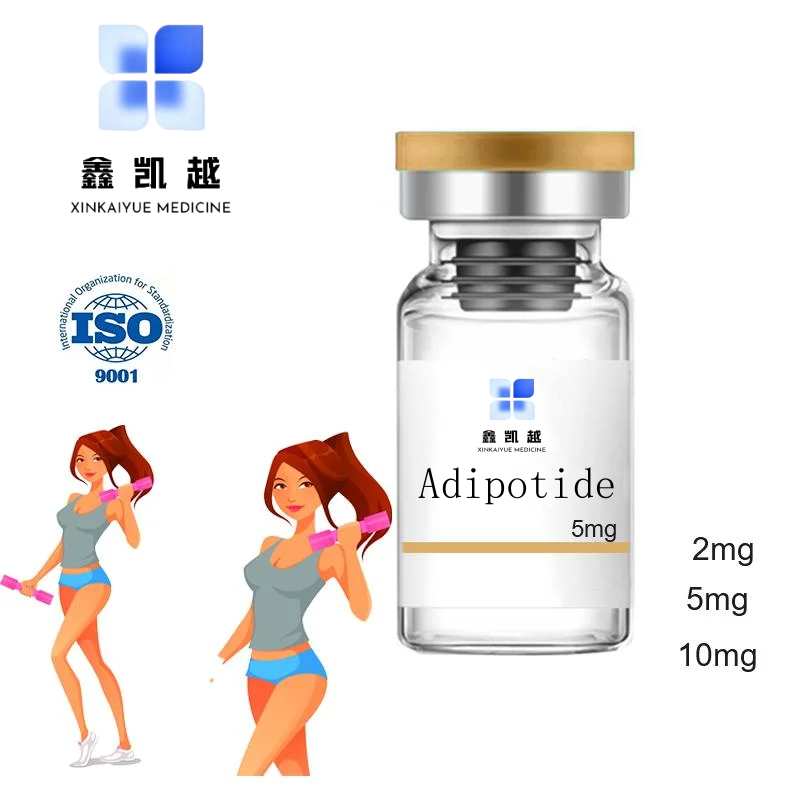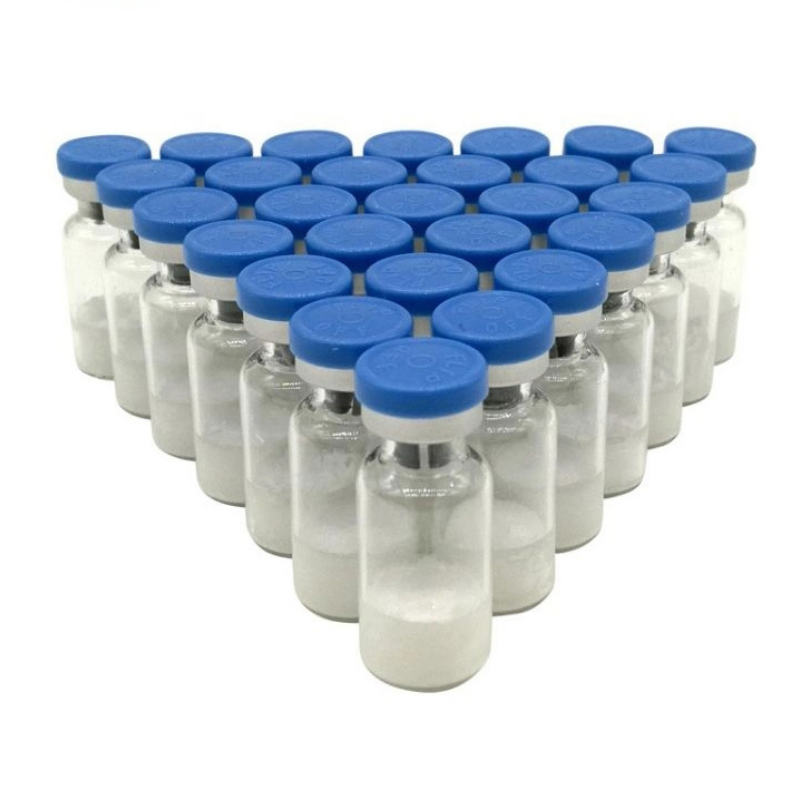Deal with superbugs! Chinese scientists "one in a thousand" designed and transformed a kind of resistance
-
Last Update: 2019-12-26
-
Source: Internet
-
Author: User
Search more information of high quality chemicals, good prices and reliable suppliers, visit
www.echemi.com
The invention of antibiotics extended the life span of human beings However, the extensive use or abuse of broad-spectrum antibiotics and antibacterial drugs make a large number of resistant bacteria or fungi emerge In February 2017, the World Health Organization released a list of bacteria in urgent need of new antibiotics Drug resistant Acinetobacter baumannii (AB) and Pseudomonas aeruginosa (P.aeruginosa) are among the top two on the list According to statistics, nearly one million people die every year in the world from bacterial infections that cannot be treated with ordinary antibiotics At the same time, due to the lack of research and development capacity of new antibacterial drugs, the resistance genes of various bacteria can be transmitted horizontally, which greatly reduces the therapeutic effect of existing antibiotics Human beings may face the era of post antibiotics without available effective antibiotics In recent years, the team led by Lai Ren, researcher of Kunming Institute of zoology, Chinese Academy of Sciences, has identified more than 1000 antimicrobial peptides, and on this basis, the structure and function of antimicrobial peptides have been modified to improve antibacterial activity, reduce toxicity and cost Antimicrobial peptide is a kind of peptide small molecule with antibacterial activity Because of its fast sterilization and difficult to cause microbial resistance, it can be used in the research and development of new antibacterial candidate drug molecules ZY4 is an antibacterial peptide recently designed and modified by the team, which has strong antibacterial activity, high stability and low toxicity ZY4 showed high-efficiency and rapid bactericidal activity against Acinetobacter baumannii and Pseudomonas aeruginosa, and it also had significant removal effect on biofilm and persister cells of these two bacteria Its comprehensive antibacterial effect was significantly better than tobramycin, levofloxacin, kanamycin, cefotetan and other traditional antibiotics In addition, ZY4 is not easy to produce drug resistance after long-term use After the continuous action of ZY4 with Acinetobacter baumannii and Pseudomonas aeruginosa for 60 generations, ZY4 has no obvious change on the Bacteriostasis of these two kinds of bacteria Subsequent animal experiments also showed that ZY4 could significantly inhibit the spread of Acinetobacter baumannii and Pseudomonas aeruginosa in vivo and the pulmonary infection and inflammation caused by Pseudomonas aeruginosa This study provides a good candidate drug molecule for the transmission and infection of Acinetobacter baumannii and Pseudomonas aeruginosa, which are becoming more and more serious, and also provides a new strategy for the design of high-efficiency and low toxicity antimicrobial peptides Recently, the research results were published online in the top academic journal, the Journal of the American Academy of Sciences (pans) James Mwangi, Ph.D., Yin Yizhu, M.S., Wang Gan, assistant researcher and Yang Min, M.S., are the co authors of the paper, and Lai Ren, researcher, and Zhang Zhiye, associate researcher, are the co authors of the paper.
This article is an English version of an article which is originally in the Chinese language on echemi.com and is provided for information purposes only.
This website makes no representation or warranty of any kind, either expressed or implied, as to the accuracy, completeness ownership or reliability of
the article or any translations thereof. If you have any concerns or complaints relating to the article, please send an email, providing a detailed
description of the concern or complaint, to
service@echemi.com. A staff member will contact you within 5 working days. Once verified, infringing content
will be removed immediately.







